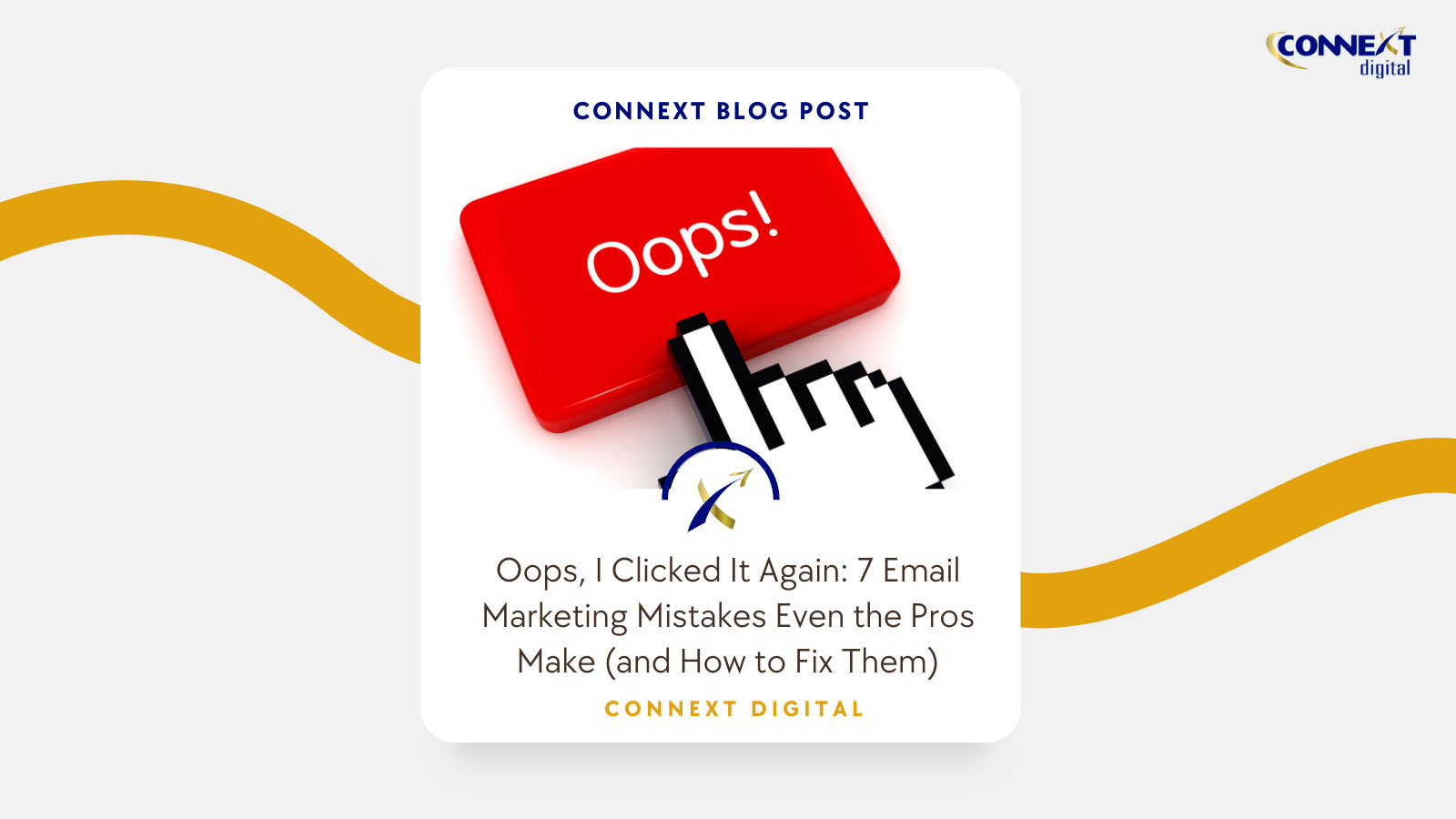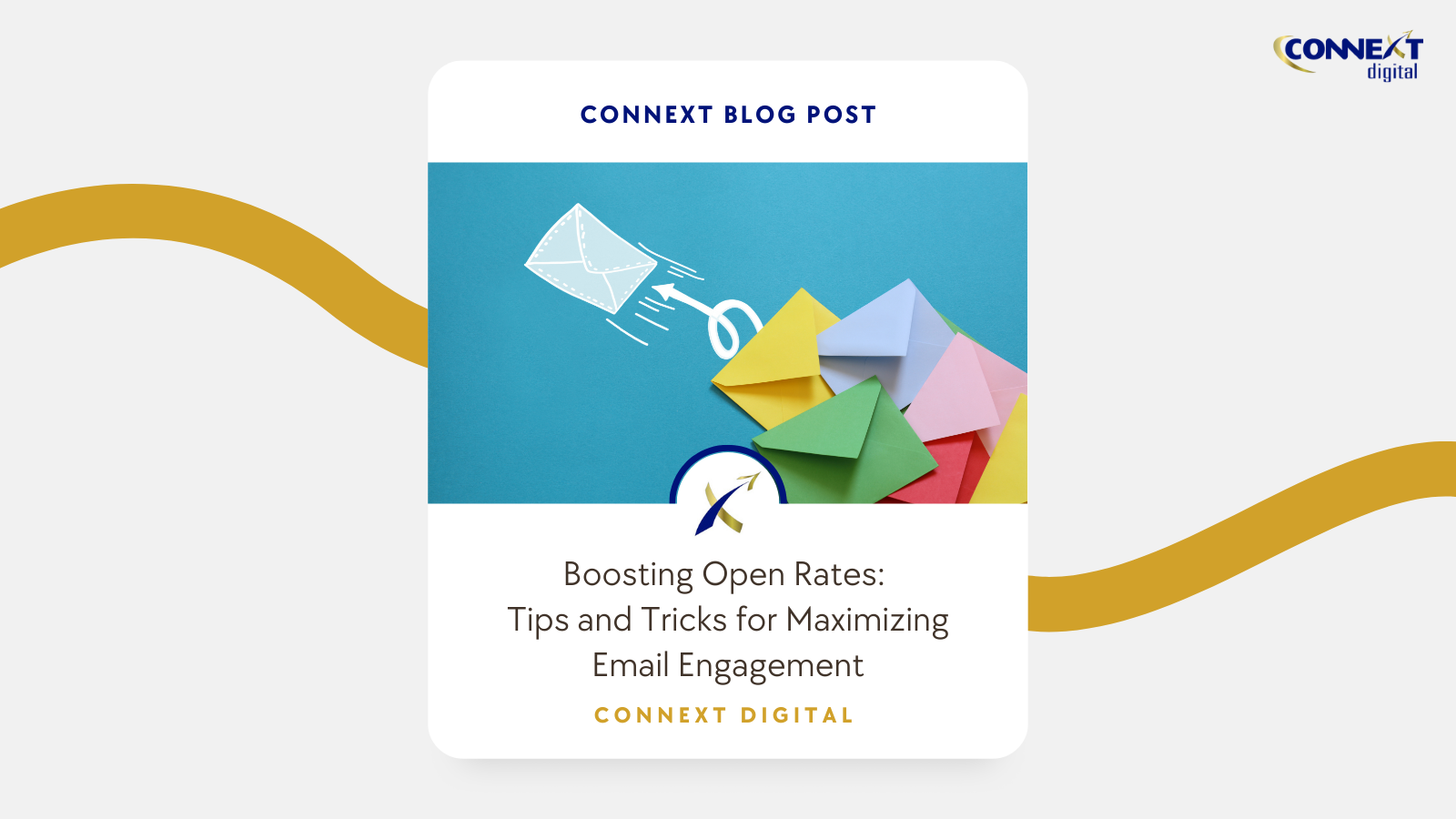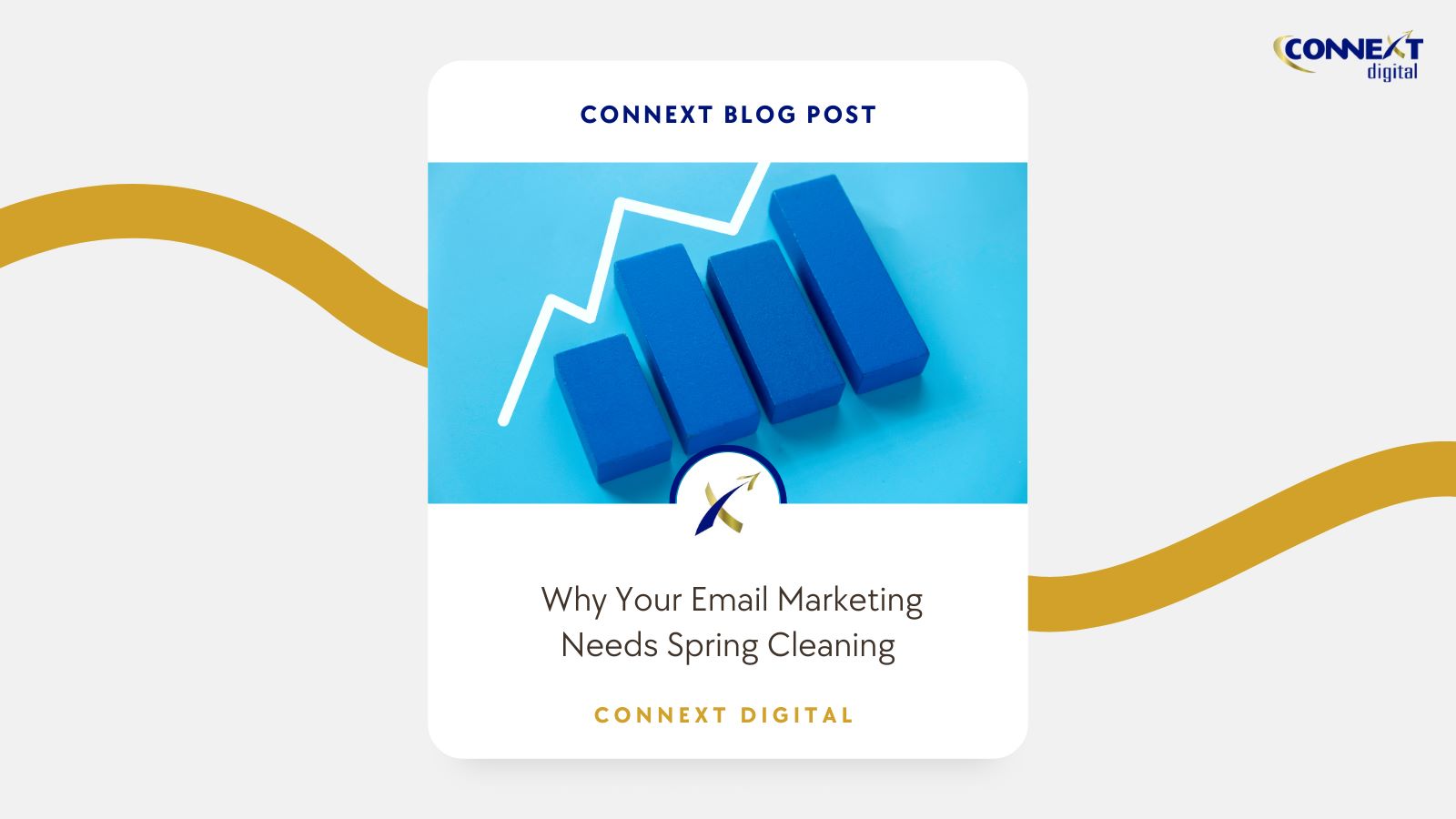
First-party Data is your Key to Targeted Email Marketing Success
In email marketing, precision targeting is paramount. The value of data cannot be overstated. However, not all data is created equal. In our blog post, we’ll delve into why first-party data reigns supreme and why reliance on third-party data can be detrimental to your email marketing efforts. Learn why Connext relies only on first-party data and how we help our partners and clients achieve marketing success every day
The Power of First-party Data
Accuracy and Reliability: First-party data is obtained directly from your audience or customers. It’s the most accurate and reliable information you can have about your target market because it comes straight from the source.
Deeper Insights: By leveraging first-party data, you gain invaluable insights into your customers’ behaviors, preferences, and purchase history. This deeper understanding allows you to tailor your email campaigns with precision, ensuring they resonate with your audience.
Building Trust and Loyalty: When you use data that your audience has willingly provided, it fosters a sense of trust and transparency. Customers are more likely to engage with brands that respect their privacy and use their data responsibly.
Customization and Personalization: First-party data empowers you to create highly personalized and targeted email marketing campaigns. From addressing recipients by name to recommending products based on past purchases, personalization enhances the relevance of your emails and boosts campaign engagement.
Data Compliance: With increasing regulations surrounding data privacy (such as GDPR and CCPA), relying on first-party data ensures compliance with these laws. It mitigates the risk of legal penalties and safeguards your brand’s reputation.
Why Third-party Data Falls Short
Lack of Accuracy: Third-party data is often aggregated from various sources, resulting in inaccuracies and inconsistencies. Relying on such data can lead to misguided targeting and wasted resources.
Limited Insights: Unlike first-party data, third-party data provides limited insights into individual customer behavior and preferences. This lack of granularity makes it challenging to create truly personalized email campaigns.
Privacy Concerns: Third-party data collection methods are often not transparent, raising privacy concerns among consumers. With growing awareness about data privacy, using third-party data can alienate potential customers and damage brand trust.
Risk of Compliance Violations: Utilizing third-party data increases the risk of compliance violations, especially if the data sources are not adequately vetted. Non-compliance with data protection regulations can result in severe consequences for your business.
Inability to Differentiate: Since third-party data is accessible to multiple businesses, it offers little to no competitive advantage. Relying solely on third-party data means you’re using the same information as your competitors, making it challenging to stand out in the crowded digital and email landscape.
Conclusion
In the realm of targeted email marketing, first-party data emerges as the undisputed champion. Its accuracy, depth of insights, and compliance advantages make it indispensable for driving meaningful engagement and fostering long-term customer relationships. By prioritizing first-party data collection and utilization, businesses can unlock the full potential of their email marketing strategies and achieve sustainable growth in today’s competitive email marketing landscape.
Jessica Rodriguez
Search for:
Subscribe to our Newsletter!
Most Popular Blog Posts





